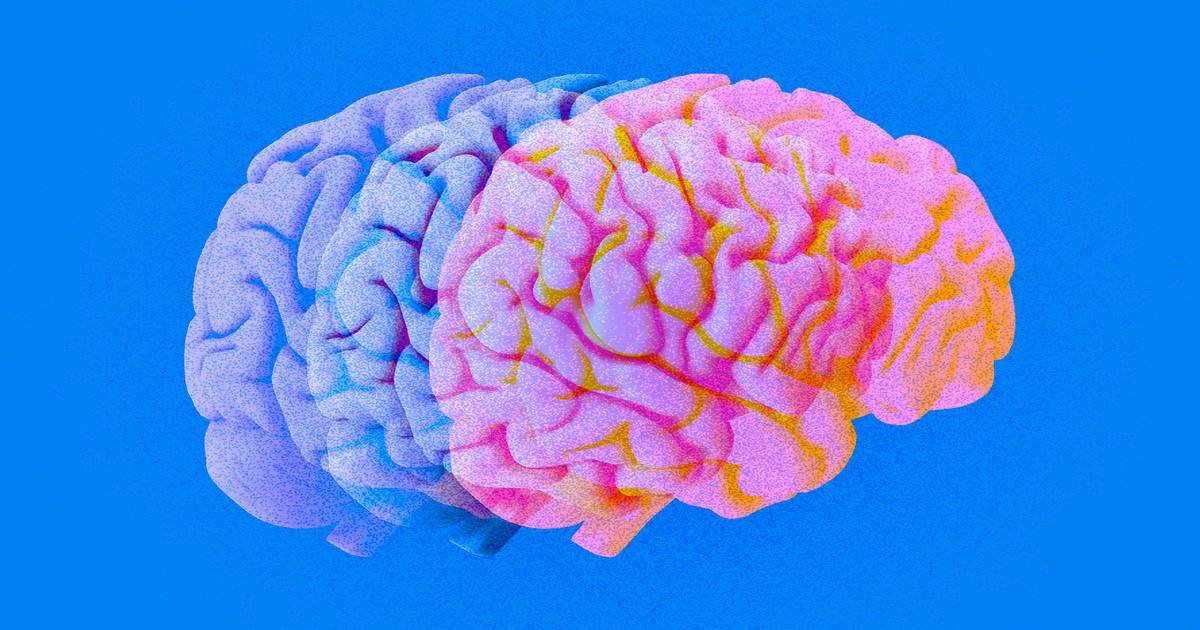
The November election is fueling anxiety among US adults, and such trends have implications for employee health and well-being. HR leaders are still figuring out how to navigate a challenging political environment in their workplaces.
Mental health platform Headspace is hoping to see employers address this by sharing resources the company developed with When We All Vote, a nonpartisan organization seeking to increase voter registration, ahead of the election. The toolkit Headspace developed features a quiz users can take to assess their stress levels regarding the current political landscape, as well as a series of meditations and exercises aimed at helping them “worry less about the news, navigate uncertainty, manage relationships and set healthy boundaries, and process tough emotions.”
While this may all sound easier said than done, the ultimate goal of the partnership is to help voters feel empowered to take action, said Beth Lynk, executive director of When We All Vote. The hope, she said, is that “struggling to navigate that election anxiety isn’t paralyzing and shouldn’t deter voters.”
Taboo no more. While politics used to be considered a taboo workplace topic, this is starting to change, particularly as issues like abortion and the climate crisis are increasingly seen as falling within the purview of HR departments.
Given such discussions are difficult to ignore, Headspace has been focused on fostering “psychological safety” among its workers, creating space “for some level of disagreement, recognizing…there may be a pretty wide spectrum of political beliefs within your organization,” Karan Singh, chief people officer and chief operating officer, told HR Brew.
When employers fail to foster this environment, it may affect not only workers’ willingness to participate in the political process, but also their performance at work, Singh said. “People who don’t feel safe disengage, become less productive, and…it actually has an impact on employers’ bottom line,” he said.
Quick-to-read HR news & insights
From recruiting and retention to company culture and the latest in HR tech, HR Brew delivers up-to-date industry news and tips to help HR pros stay nimble in today’s fast-changing business environment.
Singh said Headspace is hoping to help employers get ahead of these issues this year by thinking about them before the election occurs, rather than afterward.
Walking the walk. When it comes to mental health initiatives, there’s a disconnect between employers and workers, said Kerri Nelson, director of mission research at the Society of Human Resource Management, during a panel at the organization’s annual conference in Chicago. She noted a recent SHRM survey found nearly three-quarters of workers (73%) reported their organization says it cares about mental health, but of these employees, 39% believed their employer only pretended to care about the issue because it was trendy.
“There’s a real need, potentially, when building these mental health initiatives to make sure…they’re coming across as authentic and really that the core, the base of that, is a supportive culture, supportive foundation that encourages workers to to engage in these discussions,” Nelson said.
After seeing how previous election cycles affected the workforce, “We must press our workforce about what is acceptable pre- and post-election, and have transparent discussions,” Emily Dickens, SHRM’s chief of staff, head of government affairs, and corporate secretary, told HR Brew at the conference. She encouraged employers to be flexible, when possible, to allow workers to take time off for their mental health if needed.










